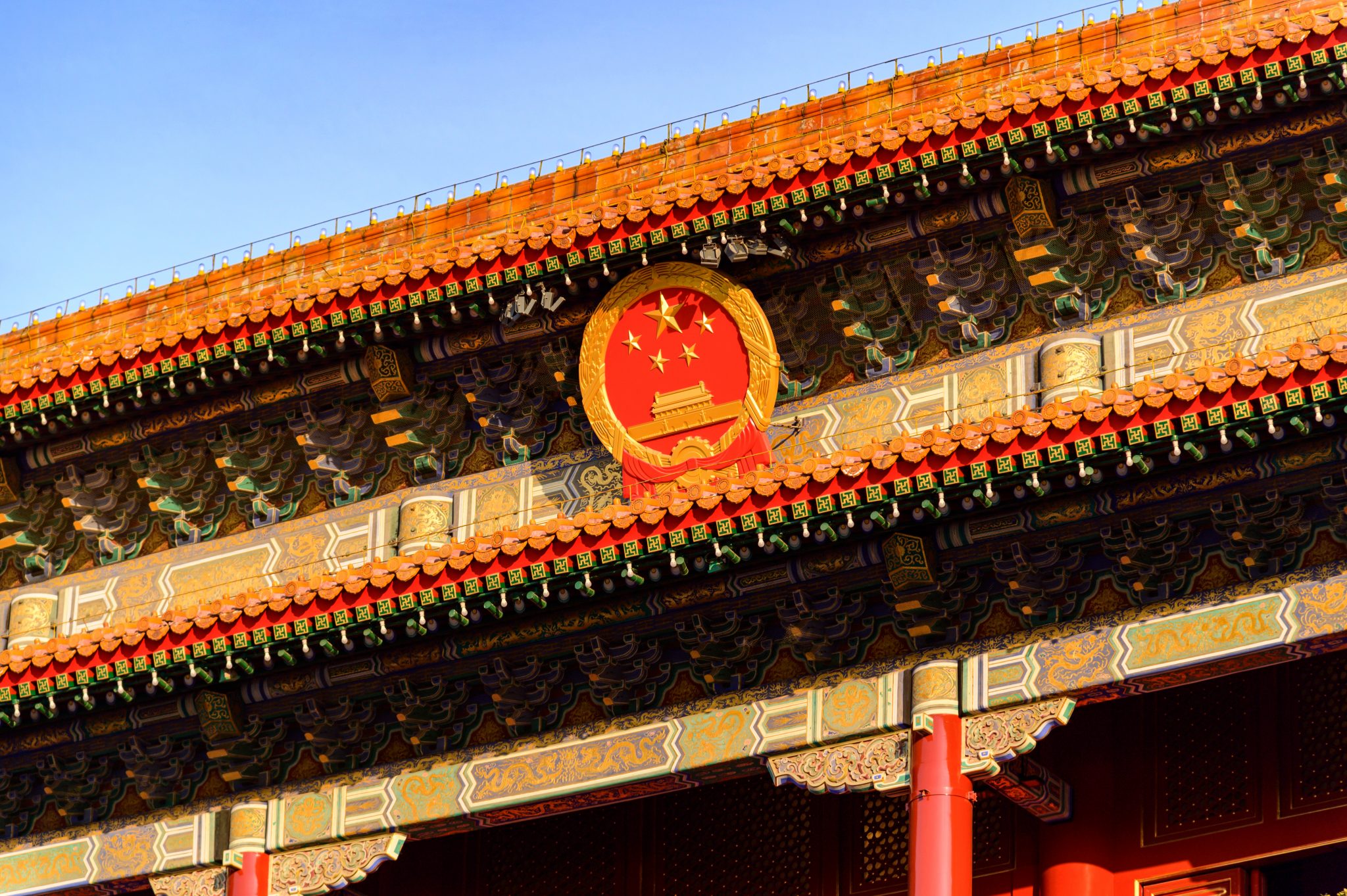ASD Head of Policy and Research Jessica Brandt and Brookings Non-Resident Fellow Torrey Taussig argue that throughout the coronavirus pandemic, China has carried out a striking disinformation campaign that borrows a few pages from the Kremlin’s playbook in this blog post for the Brookings Institution.
The coronavirus pandemic is laying bare a growing competition between democratic and authoritarian governments. As the U.S. and Europe struggle to contain the virus at home, Russia and China are seizing the moment to enhance their international influence through information operations. Moscow and Beijing have long aimed to weaken the United States, blunt the appeal of democratic institutions, and sow divisions across the West. Their goals in this crisis are no different.
Information manipulation is just one of a suite of asymmetric tools Russia and China use to advance their political goals abroad. Other tactics include cyberattacks, economic coercion, malign financial activity, and societal subversion. The efforts by Moscow and Beijing should remind Western leaders of the ongoing geopolitical challenges percolating beyond the pandemic. As decisionmakers focus on shoring up their public health systems and economies, Russian and Chinese information campaigns are having a mutually reinforcing effect. Strong responses are needed from the United States, Europe, and democratic partners to ensure that authoritarian disinformation does not take root in fertile ground.


